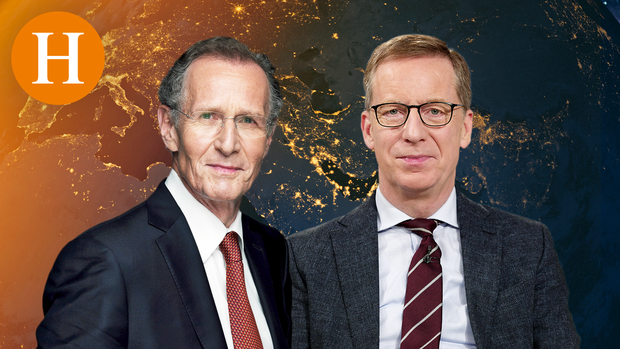The pronounced xenophobia of the AfD is undoubtedly a disadvantage for the German economy as a location, Bert Rürup states. Actually, Germany should have a welcoming culture. Unfortunately, this is hardly possible against the background of the AfD, which is gaining strength in eastern Germany in particular. Germany is already running into a problem with skilled workers across the board. Immigration would be needed to solve this. But if there were further scandals in the direction of xenophobia, one could save the effort to attract immigrants.
Michael Hüther is also of the opinion that migration policy must react to this. It must be made clear that the economic development of recent years would not have been possible without the immigration of qualified specialists in the STEM fields (mathematics, IT, natural sciences, technology). In addition, there are many examples where migration to Germany and the integration of immigrants into our value creation and social structures were important.
For Hüther, immigration policy is also a financial issue. The people from Thuringia complained that immigration was a burden on them. Because in Thuringia, for example, the state of a municipality only transfers around 255 euros per refugee. In order to integrate this, the municipality would have to reallocate its money at the expense of the locals. In North Rhine-Westphalia, on the other hand, the state pays more than 1,000 euros to the municipality per refugee.
Now the amount in Thuringia will be increased to around 300 euros. For Hüther, however, not going any further here is an elementary wrong decision. In order for the integration to work, the municipalities have to be trained so that they can afford it financially. But if the impression arises that a municipality has to reduce standard services for its citizens, it is not entirely incomprehensible that the citizens put a question mark behind it.
Rürup points out that immigration in the 1960s and also in the last decade was a warm rain for Germany. The golden years of the last decade were not least caused by the massive immigration from the EU, with the help of skilled workers. “Large parts of our prosperity are based on immigration,” says Rürup. All in all, immigration is a win for the country.
>> The current HRI economic forecast can be found here
The episodes of the “Economic Challenges” podcast can be accessed via Apple, Spotify, Deezer and Handelsblatt/Audio. You can read more about the topics in the “Chefökonom”, Professor Rürup’s newsletter. You can register for the newsletter here.
If you have praise, criticism or topic requests, please write to us or send us a voice message [email protected]
